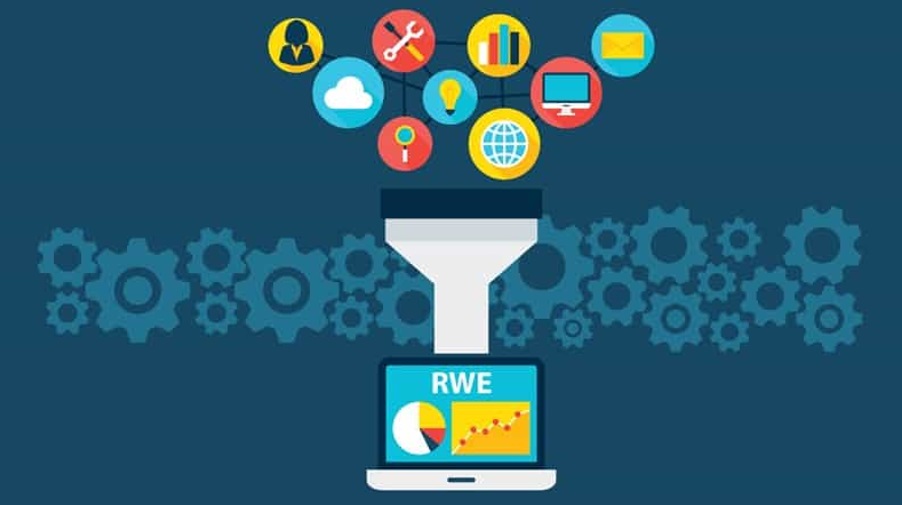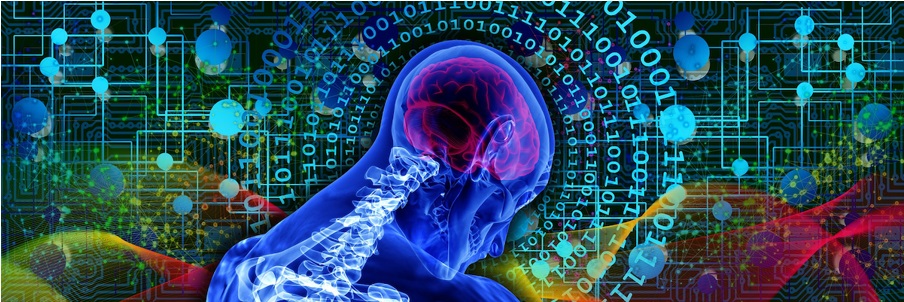
Real-world data (RWD) is data relating to patient health status and/or the delivery of health care routinely collected from a variety of sources. Real-world evidence (RWE) is the clinical evidence regarding the usage and potential benefits or risks of a medical product derived from the analysis of RWD.
The Real World evidence is a derivative of RWD. The RWD would be analysed and the impact of the same will be studied from the perspective of Product Benefit Risk Ratio there by enhancing the drug safety.
RWD can be collected from a number of sources that are associated with health outcomes in a heterogeneous patient population in real-world settings or non-randomized controlled trial settings rather than data collected in randomized controlled trials.
Sources for RWD can be categorized as:
• Clinical data, such as from observational studies, electronic health records (EHRs) and patient registries
• Administrative/claims data such as claims and billing activities
• Patient-generated data in home-use settings, wearables and online communities
• Emerging/non-traditional like from social media
The term Real-World evidence is closely related to Real-World Data. RWE is developed from RWD by analysing the accumulated data.
Health care data in India
A large amount of healthcare data is generated in India from government, private hospitals, primary health centres, and health insurers. However, there are challenges to standardising real-world data and using them to their full capacity due to the following:-
1. Availability of Electronic Medical Records (EMR)
2. Quality of Data: there is a lack of robust data collection methods and structured databases. A critical issue is the high doctor-to-patient ratio in India, where doctors are burdened with a large number of patients to diagnose on daily basis and therefore unable to complete information for medical records.
3. Lack of Medical Compliance/Follow-Ups: In the search for second opinions, patients tend to visit and consult more than a single doctor/Hospital, hence there is no way to determine if the data provided by other doctors/ hospitals are of the same patient or multiple patients. Due to this reason, it is often challenging for healthcare professionals and administration to maintain a thorough, consistent record of the patients’ journey.
4. Insurance and Claims Data: Medical claims in India are inadequately used to understand healthcare research and outcomes. Since 30% of Indian adults have no health insurance coverage. Furthermore, our medical insurance claims do not cover outpatient visits or day consultations, thus limiting data to only hospitalizations, surgeries or serious adverse events. These limitations add to the burden of scattered data, thereby reducing the possibility of achieving comprehensive results when looking at real-world data.

The use of real-world data and real-world evidence to inform health care decisions is increasing. Yet, the variable quality of these data and the lack of widely-accepted criteria by which to assess quality create uncertainty about how and when to use these data and the associated evidence in decision making. Patient registries are an important source of real-world data and real-world evidence. The good practices and evaluation criteria developed for patient registries are highly relevant to real-world data and real-world evidence and offer a foundation for a unified set of quality criteria that can be applied across sources of real-world data and real-world evidence intended for use in medical product evaluation.
Life science researchers and biopharmaceutical companies are significant stakeholders when it comes to real-world evidence. As we’ve mentioned, real-world evidence can complement the findings of traditional Randomised Control Trials ( RCT). RWE can provide life science researchers with additional insights into the broader impact of a medication’s use in routine clinical care, including the safety and efficacy of novel therapies.
The use of real-world data (RWD) and real-world evidence (RWE) can help regulators monitor post-market safety and adverse events, and aid in FDA decision-making. Utilizing real-world evidence has the potential to impact medication approvals and accelerate the drug development process. Further, the Centres for Medicare and Medicaid Services (CMS) use RWE to design value-based contracts and to evaluate innovation models for Medicare and state Medicaid programs.
Health plans and payers also realize the value of real-world evidence. The value s payers perceive from real-world evidence includes informed safety monitoring, utilization management, and cost/value analysis. While it varies from organization to organization, some see benefit in utilizing real-world evidence studies to inform pharmacy and therapeutic (P&T) committee decisions. While high-quality RCTs remain critical in payer decision-making, some payers are beginning to turn more frequently to RWE for greater validity.
Additionally, payers are turning to real-world evidence to evaluate value-based care outcomes including the use of medicines. Physicians and other healthcare providers are a critical part of the data gathering process.
During an encounter with a patient, clinicians utinely use electronic health record (EHR) systems to enter structured clinical data such as diagnoses, lab tests ordered with results, and medications prescribed. Additionally, providers submit claims to payers that offer another source of real-world data. These data can then be de-identified and used to generate real-world evidence. The application of RWE for clinicians is somewhat more indirect than it is for other healthcare stakeholders. Primarily, healthcare providers can make use of clinical guidelines derived from RWE. The findings generated by real-world evidence can aid in a care team's understanding of a disease and help guide data-driven treatment decisions. Because real-world evidence has the potential to complement findings by adding perspective to the results of RCTs, RWE can empower physicians to make more targeted and appropriate treatment plans for their patients
In conclusion, we can say that Real-World Evidence (RWE) is a powerful tool for assisting physicians and patients in making informed treatment decisions. It is critical to remember that RWE does not replace Clinical Trials, but it can often supplement and compliment them in order to further advance clinical knowledge.
LSW lifescienceworld
www.lswlifescienceworld.com